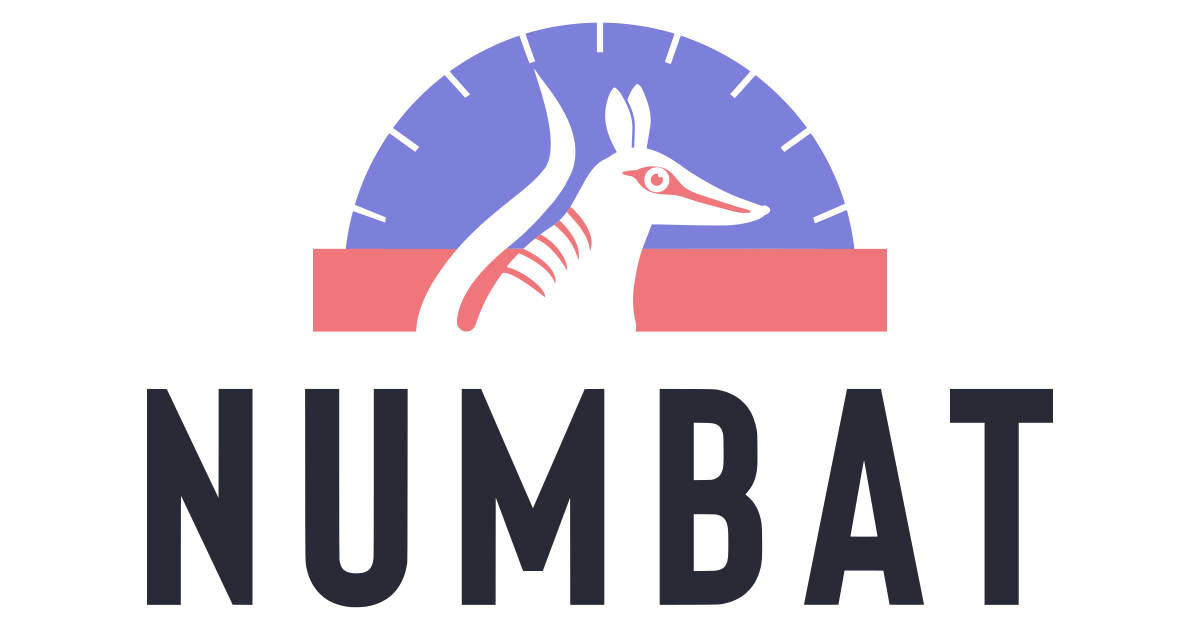bugsmith
- 13 Posts
- 33 Comments
I really like Nushell. I would not run it as a daily driver currently, as it mostly doesn’t win me over from Fish, feature-wise, but I love having it available for anything CLI date pipeline work I need to do.
Love this. Always interesting to see novel ways of querying data in the terminal, and I agree that jq’s syntax is difficult to remember.
I actually prefer nu(shell) for this though. On the lobste.rs thread for this blog, a user shared this:
| get license.key -i | uniq --count | rename license This outputs the following: ╭───┬──────────────┬───────╮ │ # │ license │ count │ ├───┼──────────────┼───────┤ │ 0 │ bsd-3-clause │ 23 │ │ 1 │ apache-2.0 │ 5 │ │ 2 │ │ 2 │ ╰───┴──────────────┴───────╯
Thanks. I didn’t know about these advanced libraries, and had not heard of C++ modules either. Appreciate the explanation.
I don’t code in C++ (although I’m somewhat familiar with the syntax). My understanding is the header files should only contain prototypes / signatures, not actual implementations. But that doesn’t seem to be the case here. Have I misunderstood, or is that part of the joke?
Okay, that makes sense. Cheers.
Are you self-hosting Mistral for this bot, and if so, do you have any insight on the cost of running that bot vs the ChatGPT one? (the latter of which I assume you have capped the max billing of, or I certainly hope so, at least)

 2·9 months ago
2·9 months agoYes, I don’t know how I forgot to mention that Iceshrimp and Sharkey both have Mastodon compatible APIs - so all the same apps work (mostly).

 8·9 months ago
8·9 months agoBased on your requirements, I would suggest looking at one of the Firefish / CalcKey forks. They are ideal for single user or small instances and they support s3 compatible object storage out of the box.
I would recommend looking at Sharkey or Iceshrimp. Both are under very active development and have very responsive developers if you need support.
If you would like to check out an example, Ruud (of mastodon.world and lemmy.world) set up an instance of Sharkey at (you guessed it) sharkey.world.
Honestly, for any large scale project in Python, Pydantic makes it bearable. We use Python heavily at work (and I’d argue we shouldn’t be for the projects we’re working on…), and Pydantic is the one library we’re using that I wouldn’t be without. Precisely because it allows us to inject some of these static typing concepts and keeps us honest, and our code understandable.
Yes! The concepts are intertwined. I think the key take away, for me, is to lean heavily into your type system and allow that to do some of the heavy lifting. Accept that something like a
usernameis not a string, but a subtype of a string (this has to be true if any validation is required, otherwise you’d just accept any valid string).
It’s one of my favourites. Something I revisit every couple of years.

 1·9 months ago
1·9 months agoThat one has been on my list for a while. Are you finding yourself able to easily apply what is taught to your day-to-day?

 8·9 months ago
8·9 months agoI have read a few of these books. As for non-fiction:
Pragmatic Programmer Excellent book; should be compulsory reading for all software developers.
The Phoenix Project Enjoyable enough. It’s a fictional story and has some extremely role-cast, trope filled characters. But its purpose is not to be a great novel. Its purpose is to teach the history of and purpose of how dev-ops came about. I think it’s worth reading. I’m yet to try the Unicorn Project which I understand is actually more about software.
Eloquent JavaScript I am not a huge fan of working with JavaScript or front end, but I did read this when I got placed on a long term project where I would be using it for the duration. I found this book excellent, and my JavaScript certainly benefitted from it.
I also read a bunch of the fictional books. Bobiverse is one of my favourite series ever, despite the weirdness of the fourth book (it was still good). I’m just over halfway through Children of Time, and seriously regret not picking it up sooner. Well kind of, if I had I suppose I wouldn’t be enjoying it so much now!

 4·9 months ago
4·9 months agoI believe the lower cable connects the two boards. The upper cable is for connecting to your device, so would only be connect to one of the boards when in use.

 3·9 months ago
3·9 months agoI use UK standard layout, and Apple UK for work. It always takes me a few minutes to switch between them, but both are absolutely fine for programming. Just the odd placement of
#that bothers me a little, but I tend to use that only for Python comments - which I tend to do more commonly from a keyboard shortcut anyway.

 291·10 months ago
291·10 months agoPerhaps not major, but I’d just like shout out my PR which was merged in this release:
https://github.com/LemmyNet/lemmy-ui/pull/2322It adds another view to Registration Applications to show only denied applications, helpful for identifying spam applications and rule circumventers. I know a few people have been asking for something similar to this.

 24·10 months ago
24·10 months agoThe same reason a lot of companies support a community edition. It means that people can use, learn and become experienced with the product without forking over a tonne of money.
This results in a larger number of developers, add-ons and community surrounding the product.
This makes it a more appealing product for companies looking to build a business using it.
It’s the same reason you can use AWS for free, get some JetBrains products for free and often find community editions for similar products to Magento.

 1·10 months ago
1·10 months agoAs in, I have Nginx running on my server and use it as a reverse proxy to access a variety of apps and services. But can’t get it playing nicely with AIO Nextcloud.

 1·10 months ago
1·10 months agoYes I’ve not managed to solve this yet. For me, it’s hosting AIO behind my existing Nginx.









Totally agree. Like most “rules”, it just needs treating with nuance and context.